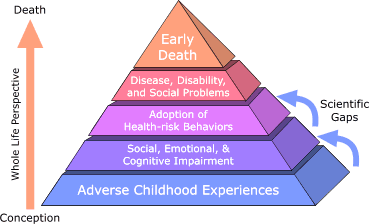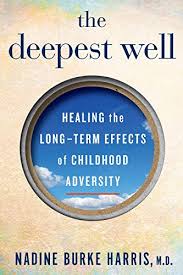The first post I blogged about was how Artificial Intelligence (AI) was planted into subjects’ brains and showed improvements in their recall of memory. This could then help those with Alzheimer’s and Parkinson’s disease. In order for the implant to work, it sends electrical impulses to the part of the brain where memory gets recalled, and the impulses only occur when the person is having trouble recalling those memories. Recently, researchers have tried to improve chronic depression by stimulating the brain constantly, though it did not work. Though, new studies suggest that to improve mood disorders such as PTSD or depression, they would have to create a brain implant that be switched on only when necessary; Similar to how the AI implant works to recall memories.

Massachusetts General Hospital, funded by the U.S’s military research arm, and supported by the Defense Advanced Research Projects Agency (DARPA), conducted a study using epilepsy patients. They did not want to identify the mental illness, but to map the brain activity associated with the behaviors like concentration and empathy. They found that delivering electrical pulses to areas of the brain involved in decision-making and emotion significantly improved the performance of test participants. The team also mapped the brain activity that occurred when a person began failing or slowing at a set task because they were forgetful or distracted, and found they were able to reverse it with stimulation. This breakthrough could mean possibilities of treating mental illnesses in the brain directly through the skull. Much more studies and research is need, though it is exciting to know that AI technologies can benefit the health of many people in a wide range of ways.
 The
The 




